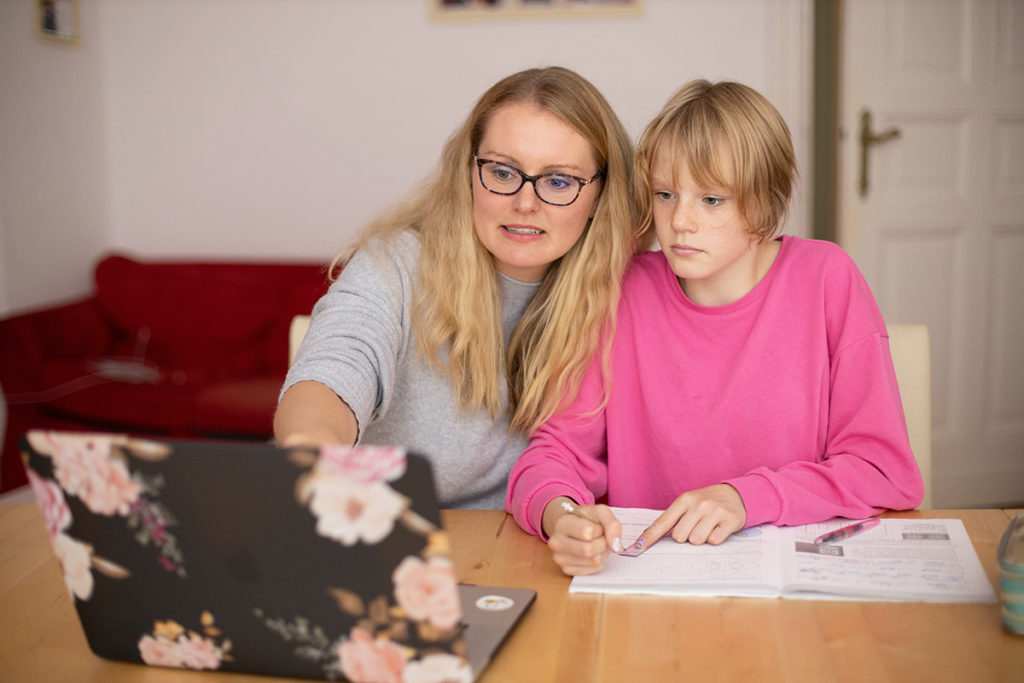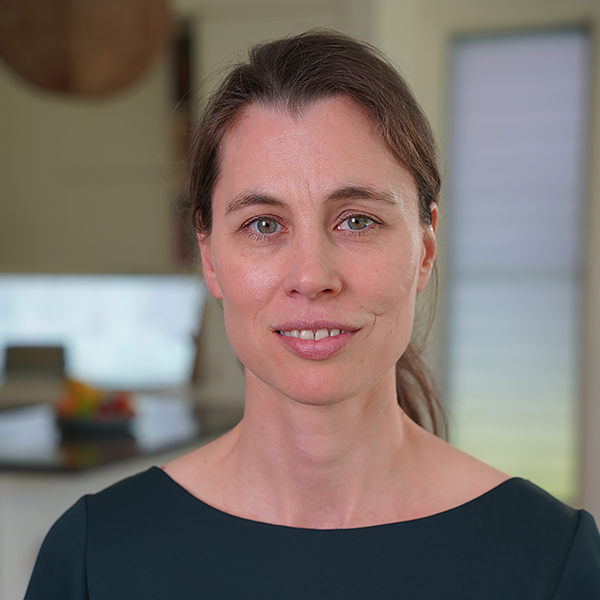It’s tough being a parent. Not only is the day-to-day grind unrelenting with school lunches, balancing screen time and homework, but in 2022, all this is compounded with worries about social media and raising a family in a global pandemic.
My eldest child is now 11. So I’m adding one more issue to my list of parenting challenges: managing eco-anxiety.
All these worries – whilst valid and important – are dwarfed by the risk of our children not having a safe climate to live in. The adverse effects of climate change threaten our childrens’ right to a healthy existence in a safe, stable environment.
In fact, children today are expected to have poorer health as they age than today’s adults do, because of the worsening and intensifying effects of climate change.
My psychology and paediatric colleagues report that once children get to the ‘tweens’ they start to comprehend the urgency and enormity of the climate challenge, and with that can come anxiety and depression.
A recent survey of 10,000 children and young people (aged 16-25 years) in 10 countries (including Australia) found that 59% were very or extremely worried about climate change, with 84% at least moderately worried. Of note, climate anxiety and distress correlated with “perceived inadequate government response and associated feelings of betrayal”.
It is also important to stress, as mental health professionals are quick to note, that ‘eco-anxiety’ is not actually anxiety – it’s an appropriate and rational response to the robust scientific evidence and the climate breakdown that we are beginning to witness.
Given Australia’s unfortunate international reputation as a climate laggard, Australian children and young people today are likely to be particularly affected within their lifetimes.
As parents, our primary responsibility is to keep our children safe and prepare them for the future. The climate crisis will impact their lives more than anything else, so what can parents do?

The advice from psychologists
- Listen to your kids, be honest in acknowledging the challenge and validate their feelings.
- Attempts to discredit the science, diminish their reaction or shield them from the truth will only worsen the situation.
- Provide examples of the great climate actions underway by so many people around the world – and focus particularly on ones that inspire you, too.
As a health professional, I tend to talk to my kids about what I know: climate solutions in healthcare. There are public health benefits of so many climate actions: cleaner air, healthier diets, greener and cooler cities. Parents working in other sectors – particularly in energy, business, agriculture and transport – could talk about the many opportunities of Australia becoming a renewable energy superpower and the exciting transformations underway in their fields.
But these conversations should not be limited just to your line of work. Check out the Climate Council’s Instagram and Facebook pages where every Friday they share some of the best climate solutions and good news stories from the week – you will surely find something worth getting excited about with your children!
Change can start in your own households
Another piece of advice from psychologists is to think local. Work with your children to make changes in your home or within your community. You could also suggest they join a local climate action youth group. This is building your child’s ‘self-efficacy’: their belief that they can make a difference. This step has really important mental health benefits, as action is one of the best antidotes to anxiety. The Australian Psychological Society has a great guide for parents about the climate crisis.
Of course, if you have a budding lawyer, there’s always the option of following along with important legal precedents of children taking the government to court for their failure to protect children’s rights – as in the Sharma case – and now countless others around the world. These are fantastic examples of children taking agency over their situation.
Finally cut yourself some slack and focus on the important things: don’t sweat the small stuff. A few canteen lunches here and some screen time there won’t do too much damage to your kids’ futures. But continued inaction on the climate crisis will. So, at the upcoming election, vote the way your children would, if they had the chance: vote for climate action.

Dr Kate Charlesworth is a mother, public health doctor and Councillor at the Climate Council.